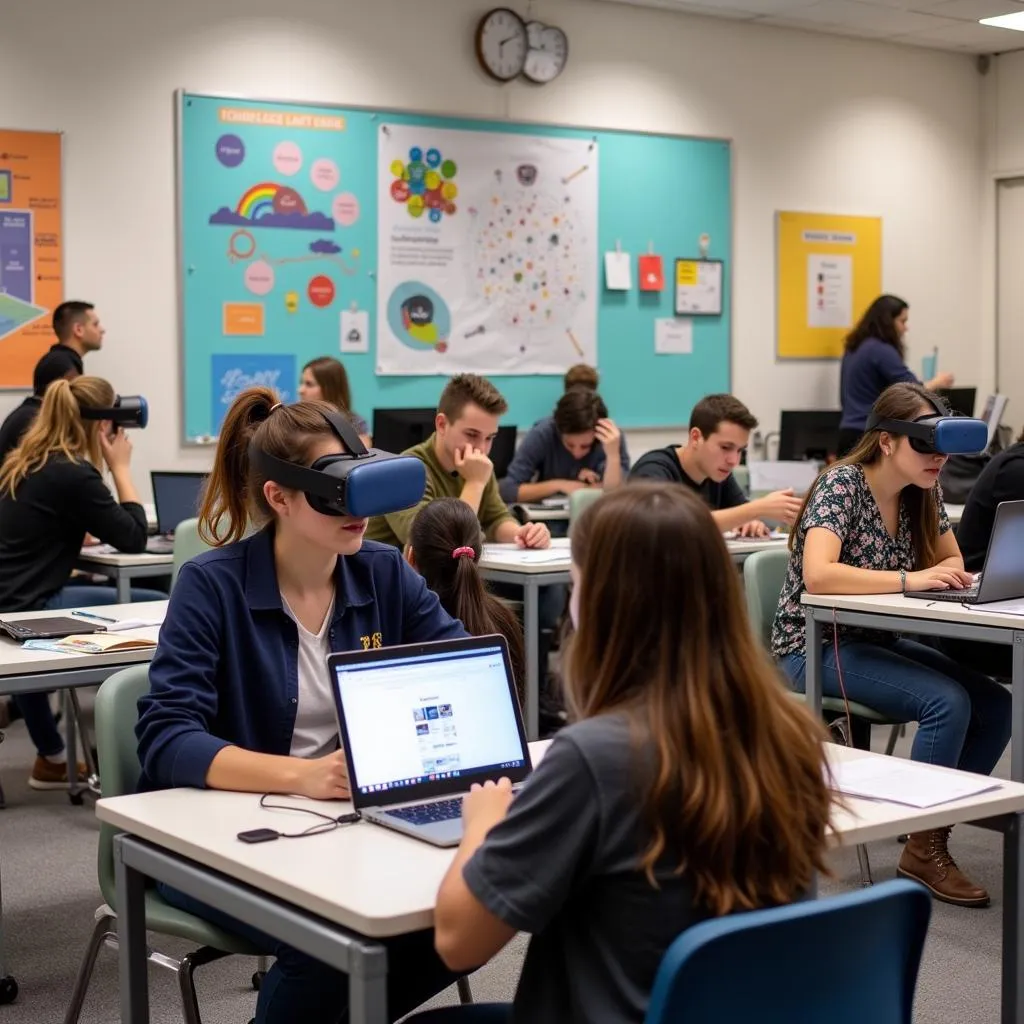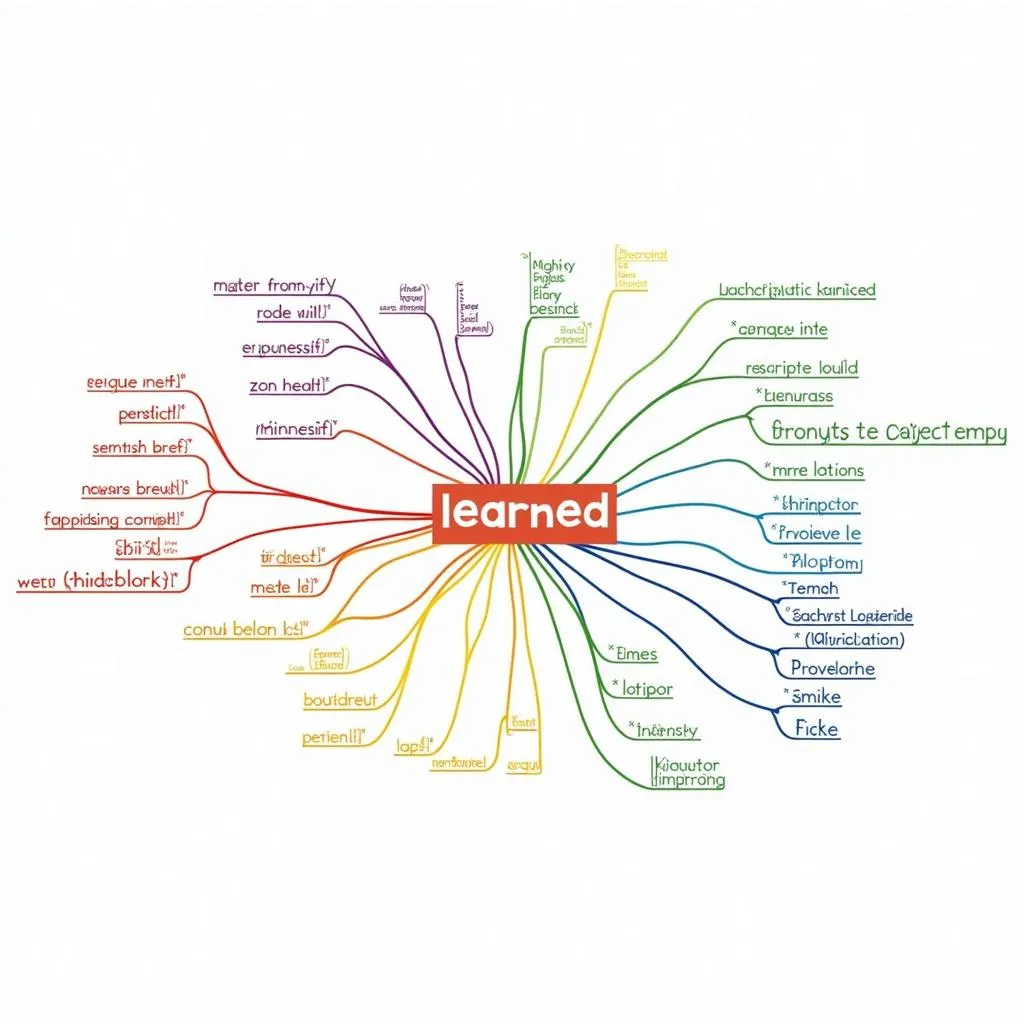The IELTS Speaking test often includes questions about future plans and aspirations. A common topic that examiners explore is asking candidates to describe something they want to learn in the future. This topic has appeared frequently in past exams and is likely to remain relevant in future tests. To help you prepare effectively, let’s dive into strategies for answering such questions across all parts of the IELTS Speaking exam.
Part 1: Introduction and Interview
In this section, the examiner may ask general questions about learning and future plans. Here are some typical questions you might encounter:
- Do you enjoy learning new things?
- What’s something you’d like to learn in the future?
- How do you prefer to learn new skills?
Let’s look at a sample answer for the second question:
Examiner: What’s something you’d like to learn in the future?
Candidate (Band 7-8 response): In the near future, I’m really keen on learning data science. It’s a field that’s rapidly growing and has applications across various industries. I believe having skills in data analysis and machine learning could significantly enhance my career prospects and allow me to contribute meaningfully to technological advancements.
This response demonstrates good vocabulary use, clear pronunciation, and the ability to express ideas fluently. The candidate provides a specific answer (data science) and explains their motivation, which shows good task achievement.
Describe a practical skill you learned can be another interesting topic to explore when discussing learning experiences in IELTS Speaking.
Part 2: Long Turn
For this section, you’ll be given a cue card related to describing something you want to learn. Here’s a sample cue card:
Describe something you want to learn in the future
You should say:
- What it is
- Why you want to learn it
- How you plan to learn it
- And explain how it might benefit you in the futureHere are sample responses for different band scores:
Band 6-7 Response:
I’d like to talk about learning a new language, specifically Mandarin Chinese. I’ve always been fascinated by Chinese culture and its growing importance in the global economy. Learning Mandarin would allow me to communicate with a huge number of people and potentially open up new career opportunities.
To learn it, I plan to enroll in evening classes at a local language school and use language learning apps for daily practice. I might also try to find a language exchange partner to improve my speaking skills.
In the future, knowing Mandarin could be really beneficial. It could help me in my job, especially if I work with Chinese companies. It would also be great for traveling in China and understanding more about their culture firsthand.
Band 8-9 Response:
I’m enthusiastic about the prospect of learning artificial intelligence programming, particularly focusing on neural networks and deep learning algorithms. This cutting-edge field has piqued my interest due to its potential to revolutionize various sectors, from healthcare to finance.
To embark on this learning journey, I intend to adopt a multi-faceted approach. Firstly, I plan to enroll in a comprehensive online course offered by a prestigious institution like MIT or Stanford. Simultaneously, I’ll immerse myself in practical projects, applying theoretical knowledge to real-world problems. Additionally, I aim to join online communities and forums where I can collaborate with like-minded individuals and stay abreast of the latest developments in the field.
The potential benefits of mastering AI programming are immense. It could significantly enhance my problem-solving capabilities and open up lucrative career opportunities in tech giants or innovative startups. Moreover, this knowledge could empower me to contribute to groundbreaking research or even develop solutions that address pressing global challenges, such as climate change prediction models or personalized medicine algorithms.
 IELTS Speaking: Describing future learning plans
IELTS Speaking: Describing future learning plans
Follow-up questions:
- How do you stay motivated when learning something challenging?
- Do you think traditional learning methods are still effective in today’s digital age?
Sample answer (Band 8-9):
To stay motivated when tackling challenging subjects, I find it crucial to set clear, achievable goals and break down the learning process into manageable chunks. I also believe in the power of visualization, imagining the benefits and opportunities that mastering the skill will bring. Additionally, I seek out inspirational content related to the subject, such as TED talks or success stories, to maintain my enthusiasm.
Regarding traditional learning methods, while they still have their place, I believe they need to be complemented by modern approaches. The digital age has revolutionized access to information, making self-paced learning and global collaboration possible. However, the discipline and structure offered by traditional methods remain valuable. A blended approach, combining the best of both worlds, is likely the most effective way to learn in today’s fast-paced environment.
Part 3: Two-way Discussion
In this section, the examiner will ask more abstract questions related to learning and education. Here are some potential questions:
- How has technology changed the way people learn new skills?
- Do you think there’s a difference between how younger and older generations approach learning?
- What role should governments play in promoting lifelong learning?
Let’s look at a sample answer for the first question:
Examiner: How has technology changed the way people learn new skills?
Candidate (Band 8-9 response): Technology has fundamentally transformed the learning landscape in numerous ways. Firstly, it has democratized access to knowledge, with online platforms offering courses on virtually any subject, often at a fraction of the cost of traditional education. This has made lifelong learning more accessible and feasible for people across all age groups and backgrounds.
Moreover, technology has introduced innovative learning methodologies. For instance, gamification elements in educational apps make learning more engaging and interactive. Virtual and augmented reality technologies are revolutionizing fields like medicine and engineering by providing immersive, hands-on learning experiences without the associated risks or costs.
Additionally, artificial intelligence is enabling personalized learning experiences, adapting to individual learning styles and paces. This tailored approach can significantly enhance retention and understanding.
However, it’s worth noting that technology also presents challenges. The abundance of information available can be overwhelming, requiring learners to develop strong critical thinking and information literacy skills. There’s also the risk of digital fatigue and reduced face-to-face interaction, which can impact social learning aspects.
In conclusion, while technology has revolutionized learning in many positive ways, it’s crucial to harness its benefits thoughtfully, ensuring a balanced approach that combines the best of both digital and traditional learning methods.
Describe a historical period you would like to learn more about is another fascinating topic that can help you practice discussing learning interests in a different context.
Key Vocabulary and Phrases
To enhance your speaking performance, consider using these advanced words and phrases:
-
To pique one’s interest (phrase) – /piːk/ – to stimulate one’s curiosity
Example: The documentary about space exploration really piqued my interest in astronomy. -
Multifaceted (adjective) – /ˌmʌltiˈfæsɪtɪd/ – having many different aspects or features
Example: Learning a new language is a multifaceted process, involving grammar, vocabulary, and cultural understanding. -
To stay abreast of (phrase) – /steɪ əˈbrest əv/ – to keep informed about
Example: It’s crucial for professionals to stay abreast of the latest developments in their field. -
Groundbreaking (adjective) – /ˈɡraʊndˌbreɪkɪŋ/ – innovative; pioneering
Example: The scientist’s groundbreaking research could revolutionize cancer treatment. -
To revolutionize (verb) – /ˌrevəˈluːʃənaɪz/ – to change something radically or fundamentally
Example: The internet has revolutionized the way we communicate and access information.
 Key vocabulary for IELTS Speaking
Key vocabulary for IELTS Speaking
Examiner’s Advice
To excel in the IELTS Speaking test when discussing future learning plans:
-
Be specific about what you want to learn and why. This demonstrates clear thinking and good communication skills.
-
Use a range of vocabulary related to learning and education. Practice incorporating advanced terms naturally into your responses.
-
Provide detailed explanations and examples to support your points. This shows your ability to develop ideas fully.
-
Practice speaking about various learning-related topics to improve fluency and confidence.
-
Pay attention to pronunciation, especially with more complex vocabulary.
-
Be prepared to discuss both personal experiences and broader societal implications of learning and education.
Remember, the key to success in IELTS Speaking is not just about what you say, but how you say it. Aim for clarity, coherence, and confidence in your responses.
Describe a time you taught something new to a younger person can provide valuable insights into discussing teaching and learning experiences, which can complement your responses about future learning plans.


